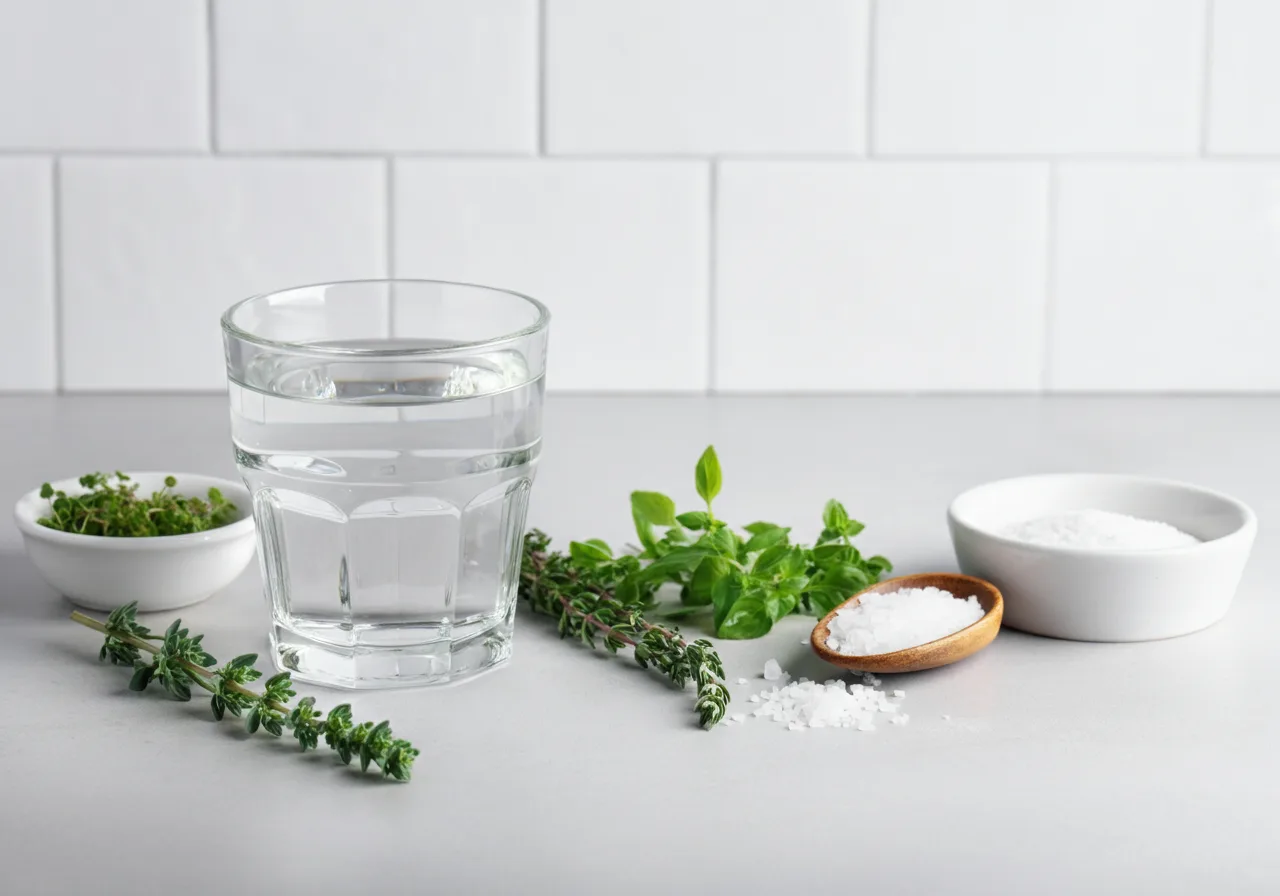A sharp pain when biting down. Sensitivity to hot or cold drinks. If you’ve experienced these sensations, you might be dealing with a cracked tooth—and you’re wondering how to fix a cracked tooth naturally before rushing to the dentist. While home remedies can provide temporary relief and support healing for minor cracks, it’s important to understand what works, what doesn’t, and when professional care becomes necessary.
Cracked teeth are more common than you might think. They can result from chomping down on hard foods, grinding your teeth at night, sudden temperature changes in your mouth, or even age-related wear and tear. The good news? For superficial cracks that haven’t penetrated deep into the tooth structure, natural remedies combined with smart lifestyle choices can help manage discomfort and promote oral health while you determine your next steps.
This guide explores proven natural approaches to address minor tooth cracks, explains supportive dietary changes, and helps you recognize when it’s time to seek professional treatment.
Natural Remedies for Minor Cracks
Contents
When dealing with a surface-level crack, several natural remedies can offer relief from discomfort and support your tooth’s healing process.
Oil Pulling: An Ancient Practice for Modern Problems
Oil pulling involves swishing oil around your mouth for 15-20 minutes, typically first thing in the morning. Coconut oil is the most popular choice due to its antimicrobial properties and pleasant taste.
This practice may help reduce harmful bacteria in your mouth that could worsen a crack or lead to infection. To try oil pulling, take one tablespoon of coconut oil and gently swish it through your teeth. Don’t gargle or swallow—simply move it around your mouth. After 15-20 minutes, spit it out (preferably in a trash can to avoid clogging your sink) and rinse with warm water before brushing your teeth.
Clove Oil: Nature’s Pain Reliever
Clove oil has been used for centuries as a natural analgesic for dental pain. The active compound eugenol provides numbing effects that can temporarily ease the discomfort of a cracked tooth.
Apply a small amount of clove oil to a cotton ball and gently dab it on the affected area. You can also dilute it with a carrier oil like olive oil if you have sensitive gums. Leave it on for a few minutes, then rinse your mouth with warm water. Repeat this two to three times daily as needed for pain relief.
Turmeric Paste: Fighting Inflammation
Turmeric contains curcumin, a powerful anti-inflammatory compound that can help reduce swelling and discomfort around a cracked tooth. Mix one teaspoon of turmeric powder with enough water to create a thick paste. Apply this directly to the affected tooth and surrounding gums, leaving it on for about 10 minutes before rinsing thoroughly.
For enhanced benefits, you can add a pinch of black pepper to your turmeric paste, which helps your body absorb curcumin more effectively.
Aloe Vera: Gentle Healing Support
Aloe vera gel offers soothing properties that can help calm irritated gums and support tissue healing around a cracked tooth. Use pure aloe vera gel (without added sugars or flavors) and apply it directly to the affected area. Leave it on for several minutes before rinsing. You can repeat this several times throughout the day for continued relief.
Diet and Lifestyle Adjustments
What you eat—and how you eat it—plays a significant role in managing a cracked tooth and preventing further damage.
Foods to Avoid
Steer clear of extremely hot or cold foods and beverages, as temperature extremes can trigger sharp pain in a cracked tooth. Hard foods like nuts, ice, hard candies, and crusty bread should also be avoided, as they can worsen the crack or cause it to extend deeper into the tooth.
Sticky foods such as caramel, taffy, and chewy candies can pull on the cracked portion of your tooth, potentially causing further damage. Similarly, acidic foods and drinks (citrus fruits, tomatoes, soda, wine) can erode tooth enamel and increase sensitivity.
Supplements for Dental Health
Certain supplements can support your overall oral health and potentially aid in managing a cracked tooth. Calcium and vitamin D work together to maintain strong teeth and bones. Vitamin K2 helps direct calcium to your teeth and bones where it’s needed. Vitamin C supports gum health and tissue repair.
Omega-3 fatty acids have anti-inflammatory properties that may help reduce discomfort. Always consult with a healthcare provider before starting new supplements, especially if you’re taking medications.
Stress Reduction Techniques
Stress often leads to teeth grinding (bruxism), which can worsen existing cracks or create new ones. Incorporating stress management practices into your daily routine can protect your teeth. Try meditation, yoga, deep breathing exercises, or regular physical activity to help manage stress levels.
If you grind your teeth at night, consider using a nightguard to protect your teeth while you sleep.
When to See a Dentist
While natural remedies can provide temporary relief for minor cracks, certain situations require professional dental care. Seek immediate dental attention if you experience severe pain that doesn’t respond to over-the-counter pain relievers or natural remedies, swelling in your gums or face, sensitivity that persists for more than a few days, or visible damage to a large portion of your tooth.
A dentist can accurately assess the extent of the crack and recommend appropriate treatment.
Available Treatment Options
Depending on the severity of your cracked tooth, professional treatments may include dental bonding for minor cracks, a crown to protect and strengthen a moderately cracked tooth, a root canal if the crack has reached the tooth’s pulp, or in severe cases where the tooth cannot be saved, extraction followed by replacement options.
Early professional intervention often prevents more extensive and expensive procedures down the road.
Preventative Measures
The best approach to dealing with cracked teeth is preventing them in the first place.
Oral Hygiene Tips
Maintain excellent oral hygiene by brushing twice daily with fluoride toothpaste, flossing once per day to remove plaque between teeth, and using an antimicrobial mouthwash to reduce harmful bacteria. These practices keep your teeth and gums healthy, making them more resilient.
Avoid using your teeth as tools to open packages or crack nuts. Use proper utensils instead.
Regular Dental Check-Ups
Schedule dental check-ups every six months for professional cleaning and examination. Your dentist can identify small cracks before they become serious problems and provide guidance on protecting your teeth based on your individual risk factors.
Taking Control of Your Oral Health
Natural remedies like oil pulling, clove oil, turmeric paste, and aloe vera can offer meaningful relief for minor tooth cracks while supporting overall oral health. Combined with smart dietary choices and stress management, these approaches help you manage discomfort and promote healing.
However, remember that natural remedies work best for superficial cracks and as temporary measures. They’re not substitutes for professional dental care when it’s needed. Pay attention to your symptoms, and don’t hesitate to consult a dentist if your condition worsens or persists.
By taking a proactive approach to your oral health—combining natural remedies with proper hygiene and regular dental visits—you can maintain a healthy smile and address dental issues before they become serious problems.




Leave a Reply